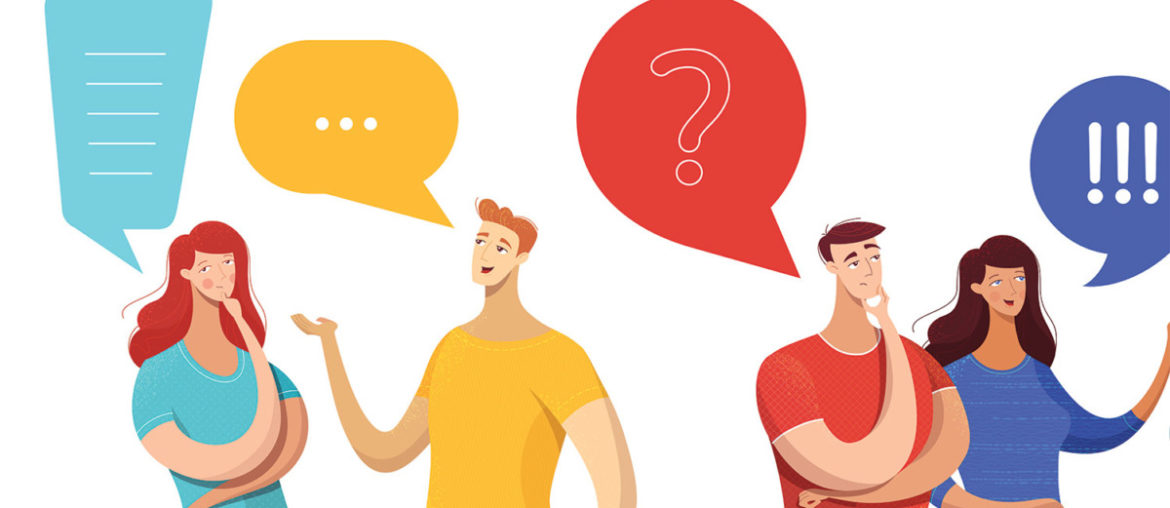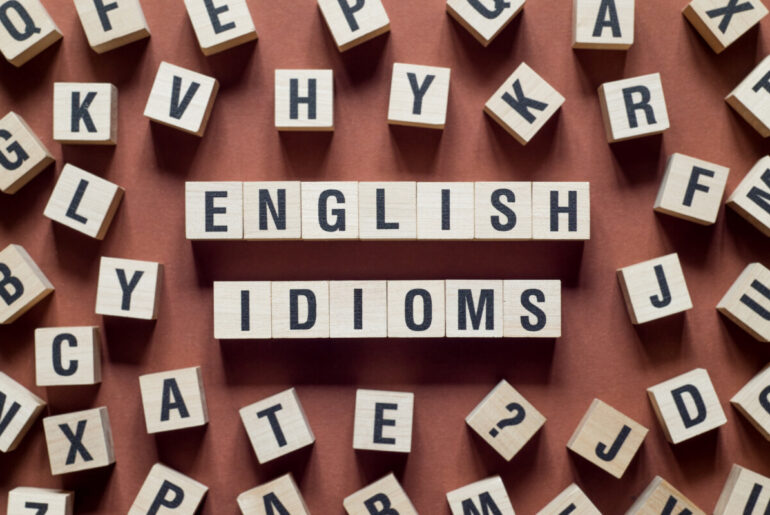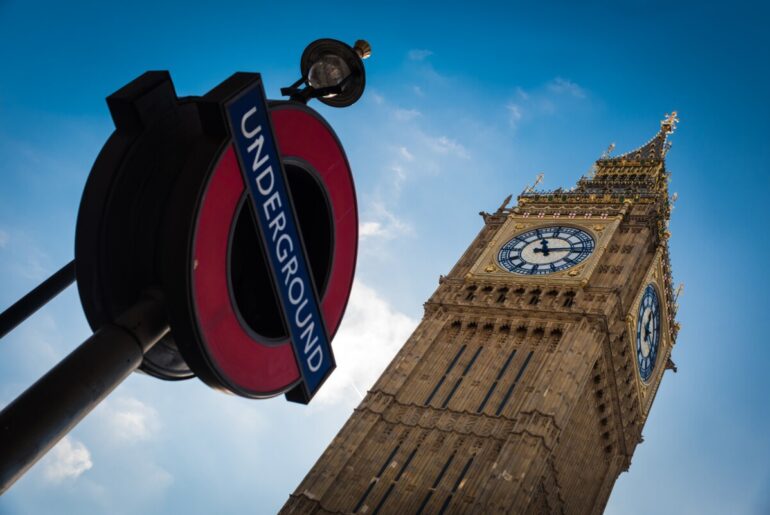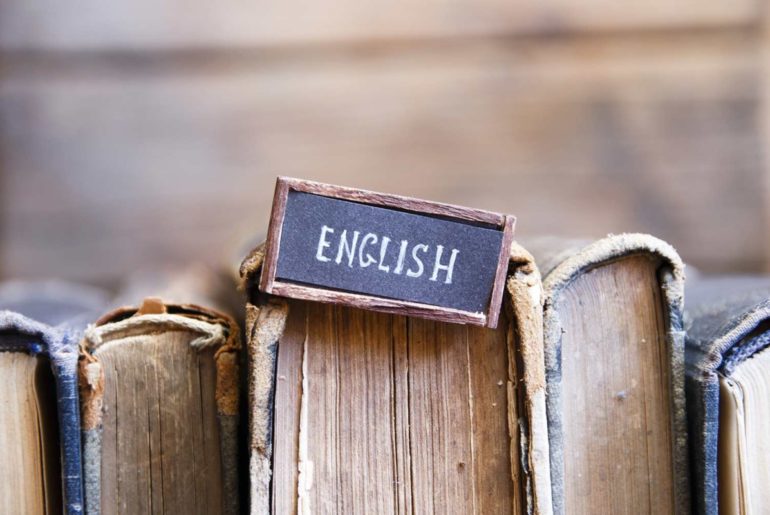Here in the UK, English is – by far – the most widely spoken language. At least 98% of the UK’s population speaks English. Moreover, most people only speak English; only 31 per cent of people can speak two or more languages. So, how many languages are spoken in the UK?
However widespread as it may be, English is not the only language spoken in the British Isles. In fact, over 300 languages are spoken in UK schools. In England, English is an additional language for over 20% of primary school children. There are also at least ten indigenous languages still spoken in the UK.
But what are these mysterious languages many Brits haven’t heard of? And which other languages are widely spoken?
- Scots
- Welsh
- Angloromani
- Scottish Gaelic
- Cornish
Learn more about these fascinating languages in the UK!
Scots
With around 1.5 million speakers, Scots is the UK’s second most spoken language. Some people consider it to be a dialect of English, but it’s listed as a separate language on surveys. In general, Scots is spoken as a second language. For many people, learning Scots is crucial in keeping the Scottish cultural identity alive.
Welsh
Did you know that English is not the official language of the UK, despite being the de facto language for most of the population? Welsh, on the other hand, is listed as an official language in Wales, and it’s spoken by around 560,000 people. Unfortunately, the number of Welsh speakers is declining, but all road signs in the country feature both the English and Welsh languages. There are also laws in place to prevent the Welsh from ever falling out of existence.
Angloromani
According to recent estimates, the UK is home to around 90,000 Angloromani speakers, most of whom are descendants of Romanichal Travellers. The language is a mix of Romani vocabulary and English syntax, and it’s had more of an influence on English than you might expect.
In many parts of the UK, “kushti” is used as a slang word to mean “excellent” or “comfortable”. It’s highly likely that this comes from the Angloromani language; “Mandi adusta kushti” translates to “I am very well”.
Scottish Gaelic
Around 87,000 people speak Scottish Gaelic, which was imported from Ireland during the 5th and 6th centuries. Today, most Scottish Gaelic speakers live in the Highlands and western Scottish islands. Before 1000 AD, most people in Scotland spoke Scottish Gaelic as their native language. The centuries following would see Gaelic almost eclipsed. Like with Welsh, efforts are being made to preserve Gaelic.
Cornish
Cornish, spoken in Cornwall, became all but extinct during the 18th century. However, some languages continued to pass on knowledge of the language, which led to a revival in the 20th century. A handful of families raise their children to be native Cornish speakers, though most people speak Cornish as a second language.
Recent estimates suggest there are now between 8,000 and 13,000 Cornish speakers, which isn’t too shabby considering there were virtually no Cornish speakers as little as 100 years ago.
Other languages
Foreign languages have also made their mark on the UK. In London, Bengali is the second most spoken language after English, and there are around 800,000 native Polish speakers throughout the nation. With over 200,000 speakers, Arabic is the UK’s fifth most spoken language.
While almost every resident in Britain speaks English as a first or second language, around 900,000 people don’t speak it well or at all. To learn more about the British language’s ups and downs, what’s better than planning a trip to the UK?






